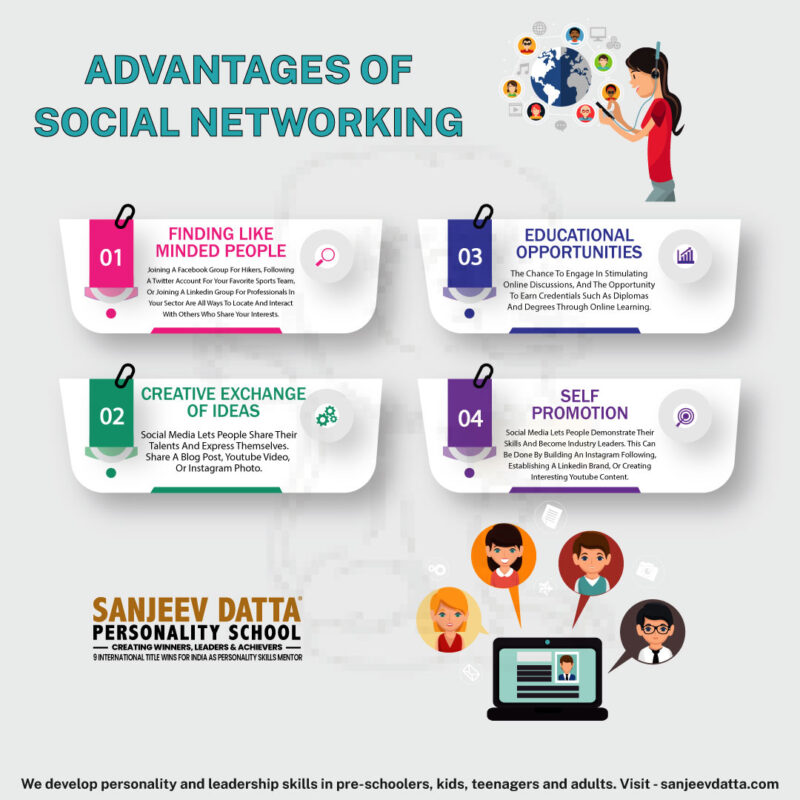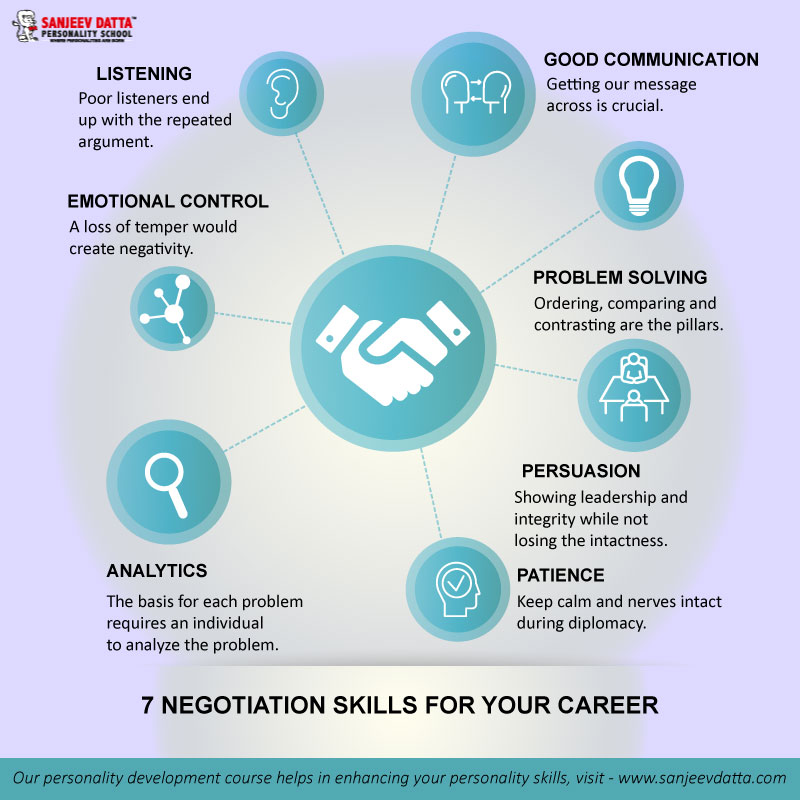The workplace landscape is constantly evolving, with new technologies, methodologies, and best practices emerging unprecedentedly. For professionals striving to stay ahead, lifelong learning is more than just a trend—it’s a necessity. The benefits of lifelong learning extend far beyond mere skill acquisition; it’s a pivotal component in achieving sustained career success. This article delves deep into how lifelong learning can be a game-changer for your career, providing you with the tools, mindset, and adaptability needed to thrive in any professional environment.
Understanding Lifelong Learning
Lifelong learning refers to the continuous pursuit of knowledge and skills throughout an individual’s life, especially beyond formal education. Unlike traditional education, which typically has a defined endpoint, lifelong learning is an ongoing, voluntary, and self-motivated process. It involves a commitment to constantly improve and adapt, both personally and professionally.
The scope of lifelong learning is vast. It can include formal educational programs, online courses, workshops, seminars, self-study, reading, and experiential learning through work and personal experiences. This commitment to ongoing education and development is what distinguishes successful professionals from their peers.
The Importance of Lifelong Learning in Today’s Career Landscape

- Adapting to Technological Advancements
The pace of technological advancement has never been faster. From artificial intelligence and machine learning to blockchain and data analytics, the digital revolution is transforming industries across the board. For professionals, staying updated with the latest technologies is crucial. Lifelong learning ensures that you are not left behind as new tools and systems are introduced. By constantly updating your skills, you remain relevant and competitive in the job market.
2. Enhancing Employability
In a competitive job market, employers are looking for candidates who not only have the necessary qualifications but also demonstrate a commitment to continuous improvement. The benefits of lifelong learning include enhanced employability, as it showcases your dedication to staying current and relevant in your field. It also signals to employers that you are proactive and capable of adapting to new challenges, making you a more attractive candidate for job opportunities and promotions.
3. Increasing Job Satisfaction
Lifelong learning contributes to increased job satisfaction by enabling you to take on new challenges and responsibilities. As you acquire new skills and knowledge, you become more confident in your abilities, leading to a greater sense of accomplishment and fulfillment in your work. Moreover, the process of learning itself can be highly rewarding, providing a sense of purpose and direction in your career.
4. Building a Versatile Skill Set
In today’s job market, specialization is valuable, but versatility is equally important. Employers increasingly value employees who possess a diverse set of skills that can be applied across various tasks and projects. Lifelong learning allows you to build a versatile skill set, making you more adaptable and capable of handling a wide range of responsibilities. This flexibility not only increases your value to employers but also opens up new career opportunities in different fields.
5. Fostering Innovation and Creativity
Lifelong learning fosters innovation and creativity by exposing you to new ideas, perspectives, and approaches. As you continue to learn and expand your knowledge base, you are more likely to think outside the box and come up with innovative solutions to problems. This ability to innovate is highly valued in today’s workplace, where organizations are constantly seeking new ways to improve processes, products, and services.
Visit: top career mistakes to avoid
6. Networking Opportunities
One of the less obvious but significant benefits of lifelong learning is the opportunity to expand your professional network. By participating in courses, workshops, and seminars, you have the chance to meet and interact with other professionals who share your interests and goals. These connections can lead to valuable collaborations, mentorship opportunities, and even job offers. A strong professional network is an invaluable asset in any career, and lifelong learning provides the perfect platform to build and nurture these relationships.
7. Boosting Confidence and Resilience
Continuous learning boosts your confidence by keeping your skills sharp and your knowledge up-to-date. When you know that you have the tools and understanding necessary to tackle challenges, you are more likely to approach your work with confidence and poise. Additionally, lifelong learning builds resilience by helping you adapt to changes and uncertainties in your career. Whether it’s a shift in industry trends or an unexpected career transition, your commitment to learning equips you with the ability to navigate these challenges effectively. Become the best version of yourself—our personality development course is the key to your success.
Practical Steps to Incorporate Lifelong Learning into Your Career

- Set Clear Learning Goals
To effectively incorporate lifelong learning into your career, start by setting clear learning goals. Identify the skills and knowledge areas that are most relevant to your career aspirations and focus on developing them. Whether it’s mastering a new software tool, improving your communication skills, or gaining expertise in a particular industry, having specific goals will help you stay motivated and on track.
2. Take Advantage of Online Learning Platforms
The rise of online learning platforms has made it easier than ever to access high-quality educational content from anywhere in the world. Platforms like Coursera, Udemy, and LinkedIn Learning offer a wide range of courses on virtually any topic you can imagine. Many of these courses are self-paced, allowing you to learn at your own convenience. By regularly enrolling in online courses, you can continually update your skills and knowledge without disrupting your work schedule.

3. Attend Workshops and Seminars
Workshops and seminars are excellent opportunities to learn from experts in your field and gain practical insights that you can apply to your work. Many professional organizations and industry associations offer workshops and seminars on a variety of topics, ranging from technical skills to leadership development. Attending these events not only enhances your knowledge but also provides valuable networking opportunities.
4. Join Professional Associations
Joining professional associations related to your field is another effective way to engage in lifelong learning. These associations often provide access to exclusive resources, such as industry reports, webinars, and networking events. By actively participating in these organizations, you can stay informed about the latest trends and developments in your industry, as well as connect with other professionals who share your interests.
5. Seek Out Mentorship
Mentorship is a powerful tool for lifelong learning. A mentor can provide guidance, support, and valuable insights based on their own experiences, helping you navigate your career more effectively. Whether it’s a formal mentorship program or an informal relationship, having a mentor can significantly enhance your learning and development. Additionally, as you progress in your career, consider becoming a mentor yourself. Teaching and mentoring others can reinforce your own knowledge and provide new perspectives on your field.

6. Engage in Reflective Practice
Reflective practice involves regularly assessing your experiences, learning from them, and applying those lessons to your future actions. This process of reflection helps you to continuously improve and adapt to new challenges. By regularly reflecting on your work and identifying areas for improvement, you can ensure that you are always moving forward in your career.
7. Read Regularly
Reading is one of the simplest and most effective ways to engage in lifelong learning. Whether it’s books, articles, or industry publications, reading regularly helps you stay informed about the latest trends, theories, and best practices in your field. Make it a habit to read a little every day, and over time, you will build a wealth of knowledge that can be applied to your career.
8. Embrace New Experiences
Finally, don’t be afraid to step outside your comfort zone and embrace new experiences. Whether it’s taking on a challenging project, working in a different department, or exploring a new industry, these experiences can provide valuable learning opportunities that contribute to your career growth. By being open to new experiences, you can continue to expand your skill set and knowledge base, making you a more well-rounded and adaptable professional. We develop the skills that define leaders—enroll in our personality development training programs.
The Long-Term Impact of Lifelong Learning on Career Success

The benefits of lifelong learning extend far beyond immediate career advancements. Over time, continuous learning can lead to significant long-term career success. Here are some ways in which lifelong learning can have a lasting impact on your career:
- Career Longevity
In an era where job roles are constantly evolving, the ability to learn and adapt is key to career longevity. Professionals who commit to lifelong learning are more likely to stay relevant in their fields, even as industries change and new technologies emerge. By continuously updating your skills and knowledge, you can ensure that you remain employable and valuable throughout your career.
2. Leadership Opportunities
Lifelong learning is often associated with leadership development. As you gain new skills and knowledge, you become better equipped to take on leadership roles and responsibilities. Whether it’s managing a team, leading a project, or driving innovation within your organization, continuous learning prepares you for the challenges and opportunities that come with leadership positions.
3. Increased Earning Potential
Professionals who engage in lifelong learning often have higher earning potential. By continuously upgrading your skills and knowledge, you increase your value to employers, which can lead to higher salaries, bonuses, and other financial rewards. Additionally, lifelong learners are more likely to receive promotions and advance in their careers, further increasing their earning potential over time.
4. Personal Fulfillment
Beyond the tangible benefits, lifelong learning also contributes to personal fulfillment. The process of learning and growing can be deeply satisfying, providing a sense of purpose and direction in your career. Lifelong learners often report higher levels of job satisfaction and overall happiness, as they are constantly engaged in meaningful and rewarding activities.
5. Adaptability to Career Transitions
Career transitions, whether planned or unexpected, can be challenging. However, lifelong learners are better equipped to navigate these transitions successfully. By continuously developing new skills and knowledge, you increase your ability to adapt to new roles, industries, or work environments. This adaptability is crucial in today’s dynamic job market, where career transitions are becoming more common.
6. Contribution to Industry and Society
Lifelong learning not only benefits your own career but also contributes to the growth and development of your industry and society as a whole. As you acquire new knowledge and skills, you have the opportunity to share your expertise with others, whether through mentorship, teaching, or thought leadership. By contributing to the collective knowledge and advancement of your field, you play a role in shaping the future of your industry.
Visit: strategies to overcome career plateaus
Overcoming Challenges in Lifelong Learning
While the benefits of lifelong learning are clear, it’s important to acknowledge that there can be challenges along the way. Some common obstacles include time constraints, financial limitations, and the difficulty of finding the right learning opportunities. Here are some strategies to overcome these challenges:

- Time Management
One of the biggest challenges of lifelong learning is finding the time to pursue it, especially for busy professionals. To overcome this challenge, prioritize your learning goals and create a schedule that allows you to dedicate time to learning activities. Whether it’s setting aside a few hours each week or taking advantage of small pockets of time throughout your day, effective time management is key to maintaining a commitment to lifelong learning.
2. Financial Considerations
While some learning opportunities can be costly, there are many affordable and even free resources available. Online courses, webinars, and open educational resources (OER) offer high-quality content at little to no cost. Additionally, consider seeking financial support from your employer, as many organizations offer professional development programs or tuition reimbursement for employees who are committed to continuous learning.
3. Finding the Right Learning Opportunities
With so many learning options available, it can be overwhelming to decide where to focus your efforts. To overcome this challenge, start by identifying your specific learning goals and the skills you need to develop. From there, research the best resources and programs that align with your goals. Don’t be afraid to experiment with different learning formats, whether it’s online courses, in-person workshops, or self-study until you find what works best for you.
Visit: why personality skills for growth
Conclusion
The benefits of lifelong learning for career success are undeniable. In an ever-changing job market, the ability to continuously learn and adapt is a key driver of sustained professional growth and achievement. By committing to lifelong learning, you enhance your employability, job satisfaction, and earning potential, while also building a versatile skill set that prepares you for the challenges and opportunities of the future.
Lifelong learning is not just a means to an end—it’s a journey that enriches your career and personal life. Whether you’re just starting in your career or are a seasoned professional, embracing lifelong learning can open doors to new possibilities, helping you achieve your full potential and make a lasting impact in your field.
In today’s fast-paced world, where change is the only constant, the most successful professionals are those who never stop learning. By recognizing the benefits of lifelong learning and making it a priority in your career, you position yourself for long-term success, fulfillment, and continued growth.


